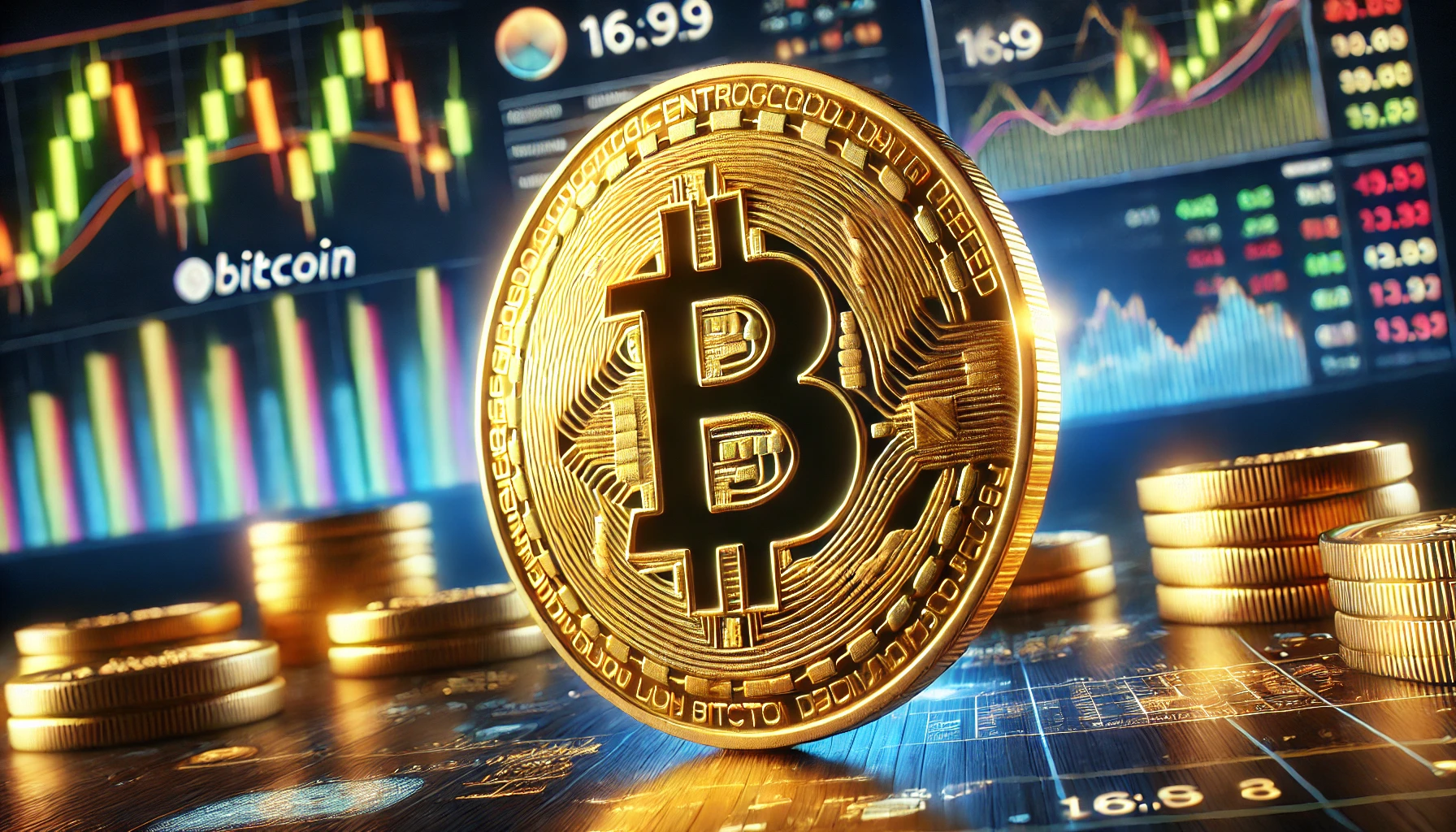A Hong Kong lawmaker has proposed including Bitcoin in the region’s financial reserves following former President Donald Trump’s speech at the Bitcoin 2024 conference. This article explores the proposal, the rationale behind it, and the broader implications for Bitcoin’s adoption in financial systems.
Points
- Hong Kong lawmaker proposes including Bitcoin in financial reserves.
- The proposal follows Trump’s speech at the Bitcoin 2024 conference.
- The rationale behind the proposal and its broader implications are discussed.
- The article highlights the potential impact on Bitcoin’s adoption in financial systems.
In a notable development for the cryptocurrency industry, a Hong Kong lawmaker has proposed including Bitcoin in the region’s financial reserves. This proposal comes in the wake of former U.S. President Donald Trump’s speech at the Bitcoin 2024 conference, where he advocated for a strategic Bitcoin reserve. This article delves into the proposal, the rationale behind it, and the broader implications for Bitcoin’s adoption in financial systems.
The Proposal
Johnny Ng, a member of the Hong Kong Legislative Council, announced on social media that it is “worth considering” assigning Bitcoin as part of the region’s official financial reserves. Ng emphasized the increasing global acceptance of Bitcoin and its perception as “digital gold.”
“The global acceptance of Bitcoin is constantly increasing, and Bitcoin is seen by the public as ‘digital gold’ in the context of its technology, so in the future, it is indeed possible to research and consider including Bitcoin in strategic financial reserves, as long as it is compliant,” Ng stated.

Rationale Behind the Proposal
Ng’s proposal follows Trump’s promise at the Bitcoin 2024 conference in Nashville to create a “strategic Bitcoin reserve” if elected. Trump highlighted his support for the cryptocurrency industry and expressed his intention to make the United States the “crypto capital of the planet.” This endorsement from a prominent political figure has sparked discussions about Bitcoin’s role in national financial reserves.
Broader Implications
Including Bitcoin in financial reserves could have significant implications for its adoption and acceptance in the global financial system. If Hong Kong proceeds with this proposal, it could set a precedent for other regions and countries to consider Bitcoin as part of their strategic reserves. This move could further legitimize Bitcoin as a valuable asset and enhance its status as a store of value.
Conclusion: Potential Impact on Bitcoin’s Adoption
In conclusion, the proposal to include Bitcoin in Hong Kong’s financial reserves marks a significant step toward its broader adoption in financial systems. The rationale behind the proposal and the endorsement from political figures like Donald Trump highlight Bitcoin’s growing acceptance and potential as a strategic asset.
As Hong Kong considers this proposal, it could pave the way for other regions and countries to evaluate the inclusion of Bitcoin in their financial reserves. This move would not only legitimize Bitcoin as a valuable asset but also enhance its status as a store of value in the global financial system. The potential impact of such a decision could lead to increased institutional adoption and greater integration of Bitcoin into mainstream financial practices.
Conclusion: Potential Impact on Bitcoin’s Adoption
In conclusion, the proposal to include Bitcoin in Hong Kong’s financial reserves marks a significant step toward its broader adoption in financial systems. The rationale behind the proposal and the endorsement from political figures like Donald Trump highlight Bitcoin’s growing acceptance and potential as a strategic asset. As Hong Kong considers this proposal, it could pave the way for other regions and countries to evaluate the inclusion of Bitcoin in their financial reserves. This move would not only legitimize Bitcoin as a valuable asset but also enhance its status as a store of value in the global financial system. The potential impact of such a decision could lead to increased institutional adoption and greater integration of Bitcoin into mainstream financial practices.
